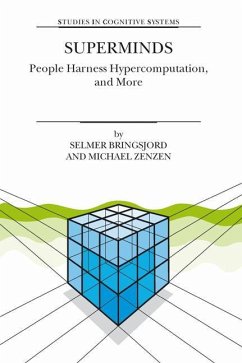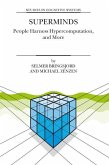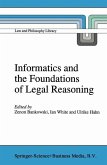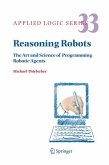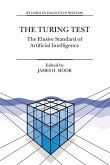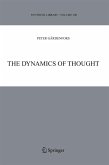This is the first book-length presentation and defense of a new theory of human and machine cognition, according to which human persons are superminds. Superminds are capable of processing information not only at and below the level of Turing machines (standard computers), but above that level (the "Turing Limit"), as information processing devices that have not yet been (and perhaps can never be) built, but have been mathematically specified; these devices are known as super-Turing machines or hypercomputers. Superminds, as explained herein, also have properties no machine, whether above or below the Turing Limit, can have. The present book is the third and pivotal volume in Bringsjord's supermind quartet; the first two books were What Robots Can and Can't Be (Kluwer) and AI and Literary Creativity (Lawrence Erlbaum). The final chapter of this book offers eight prescriptions for the concrete practice of AI and cognitive science in light of the fact that we are superminds.
From the reviews:
"This book is part of a series that aims at exploring all kinds of knowledge, information and data processing systems. It is especially interesting because it deals with the often sharply discussed question of the relation of 'human' and 'Artificial Intelligence'. ... This book and the whole series will cause a lot of discussions, and this will make the book very interesting. ... A very interesting book that can be recommended to everybody who is interested in the relation between human mind and computer intelligence." (Christian Posthoff, Zentralblatt MATH, Vol. 1046 (21), 2004)
"This book is part of a series that aims at exploring all kinds of knowledge, information and data processing systems. It is especially interesting because it deals with the often sharply discussed question of the relation of 'human' and 'Artificial Intelligence'. ... This book and the whole series will cause a lot of discussions, and this will make the book very interesting. ... A very interesting book that can be recommended to everybody who is interested in the relation between human mind and computer intelligence." (Christian Posthoff, Zentralblatt MATH, Vol. 1046 (21), 2004)

